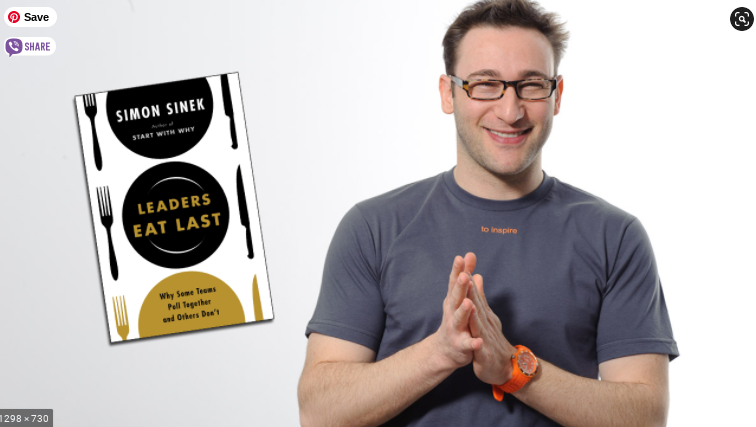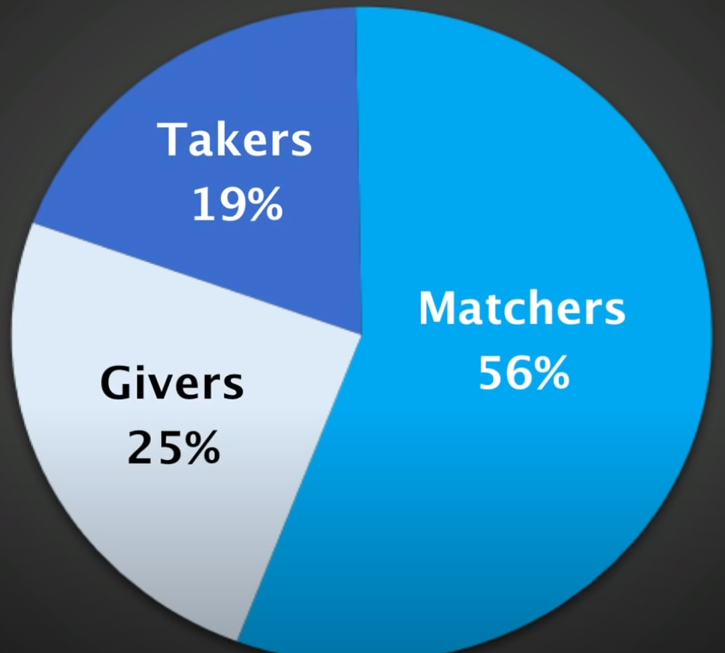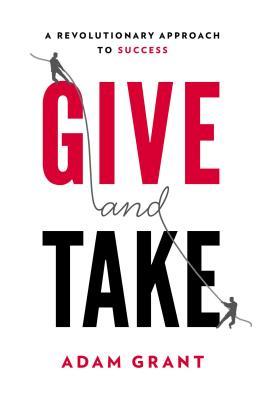I can’t believe that just recently I was introduced and had the chance to watch Hans Rosling’s Ted talk of how much misconception there is in the world about the current poverty rates and the rate of world’s population growth. The talk was recorded in 2014, so some 6 years ago and I don’t think there is much of difference in people’s understanding about the world.
Hans Rosling, unfortunately no longer among us, was a professor of global health at Sweden’s Karolinska Institute and his work was focused on eliminating the myths about the developed and developing world, the poverty state and the overall state of the world.
He is using remarkable visual representation to interpret the statistical data and show a worldview, which is not as dramatic as we wish to think and the world is in much better state than we wish to admit.
In his book Factfulness, Hans Rosling, together with his two long-time collaborators Ola and Anna, provides an explanation of why most people share the misconceptions and what causes the distortion of our perspective.
When things are getting better we often don’t hear about them. This gives us a systematically too-negative impression of the world around us, which is very stressful.”
― Hans Rosling, Factfulness: Ten Reasons We’re Wrong About the World—and Why Things Are Better Than You Think

Every group of people I ask thinks the world is more frightening, more violent, and more hopeless—in short, more dramatic—than it really is.
― Hans Rosling, Factfulness: Ten Reasons We’re Wrong About the World—and Why Things Are Better Than You Think



 If you haven’t read it yet and you are interested to hear all about Adam Grant’s research on the matter, please read the book. The full title is
If you haven’t read it yet and you are interested to hear all about Adam Grant’s research on the matter, please read the book. The full title is 
 “The secret to life is to put yourself in the right lighting. For some, it’s a Broadway spotlight; for others, a lamplit desk. Use your natural powers — of persistence, concentration, and insight — to do work you love and work that matters. Solve problems. make art, think deeply.”
“The secret to life is to put yourself in the right lighting. For some, it’s a Broadway spotlight; for others, a lamplit desk. Use your natural powers — of persistence, concentration, and insight — to do work you love and work that matters. Solve problems. make art, think deeply.”